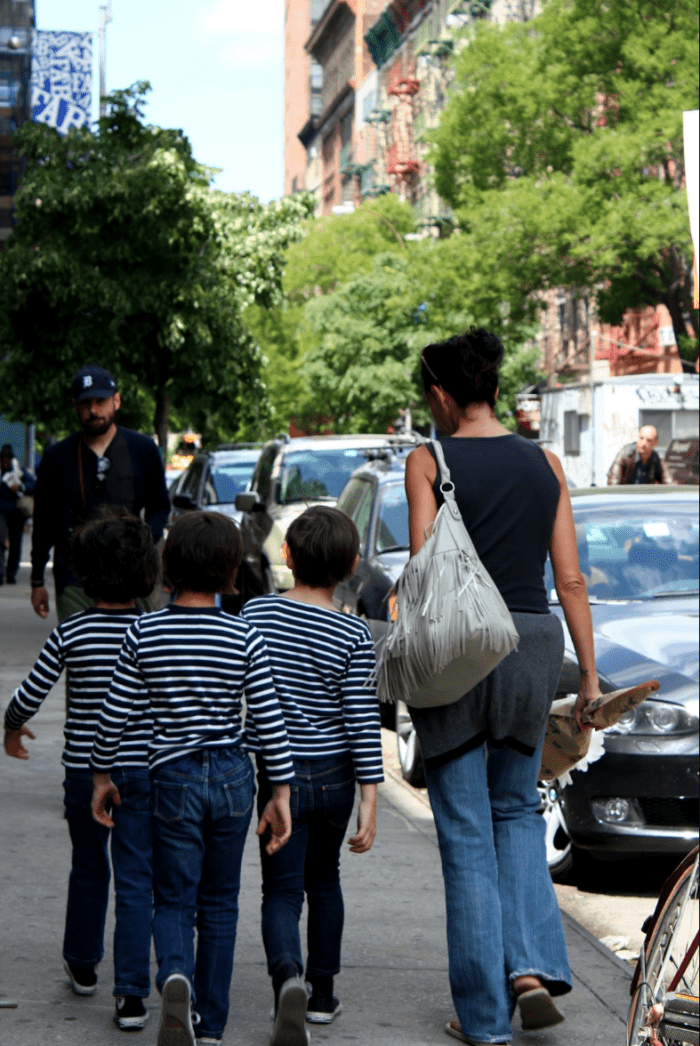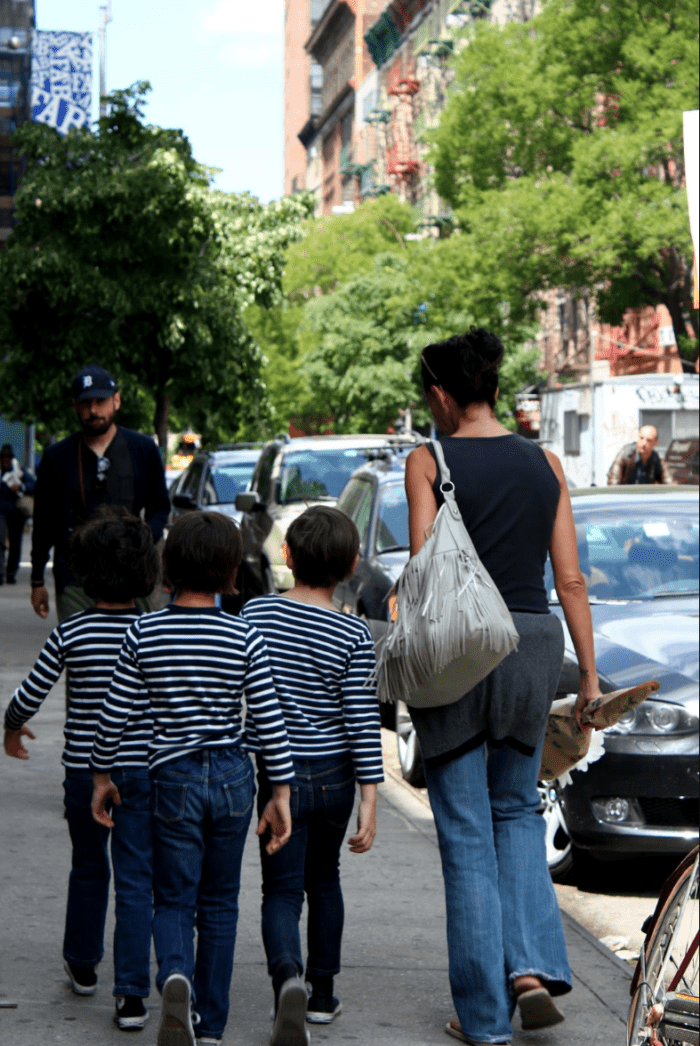
by Molly Coyne
I was the last daughter born into a gaggle of girls. I never had to consider what life was like with brothers because that was never to be a part of my reality. So it only seems fitting that I ended up with three sons. I still vividly remember a conversation with my husband before our first son was born, fearful that I would be lost, that I would have absolutely no idea how to parent a little boy if we had one.
My initial worry quickly evaporated. Soon I realized, and still adamantly believe, that the children we parent are meant to be with us. I was no longer worried about how to parent a boy, but rather worried about everything else under the sun. (Anyone else check to see if their babies were still breathing about every five minutes for the first few months? Maybe for the first year?)
But what surprised me the most were the responses after each of my boys’ births. I heard everything: people asking if I was going to “keep trying” for a girl every time one one of my boys was born. People inquired if I was sad that I had only boys. People even shared their sadness that I had only boys. I heard frequent mentions about how daughters stay with their mothers and boys only leave, hardly returning to their nuclear families at all.
I couldn’t believe what I was hearing. Here I was with a swaddled, healthy, perfect baby in my arms, and people were sharing their disappointment and head-shaking sadness with me. It made me ache for my boys. It greatly changed how I viewed those people—and our culture.
As an analytical processor, who loves a good research session, I’ve found that better understanding how to parent boys has aided my incredulity about people’s’ responses to having only sons. And the research and anecdotes are correct: parenting boys is different than parenting girls.
I was thrilled that an author I follow, Janet Lansbury, recently had an episode on her podcast, Unruffled, featuring Australian author Maggie Dent, whose book Mothering Our Boys attempts to shed light on this. Lansbury is an excellent resource—with books, a blog and a podcast on a gentle approach to parenting—and Dent seems valuable, as well. This episode of her podcast featured an informative and manageable (23 minutes) discussion about the “differences between little boys and girls, and how those differences often negatively inform our attitudes and expectations.”
Ms. Dent shared a bit of context:
“When I had my third son, people started coming up to me expressing their horror and dismay and disappointment for me and then when I had my fourth, I had someone lighting candles in a church because I had four boys. While it’s sort of got a funny side to it, my eight year old son next to me said, ‘Mummy, why do they keep saying that about us boys?’ And that’s where I think we accidentally start influencing our little boys to see themselves as less than. We lower our expectations.”
What she said spoke directly to me. How others may negatively view our boys, for something plainly biological as one’s sex, could very easily start affecting how our sons see themselves. It breaks my heart.
The podcast episode offers a wealth of research on brain development between the sexes and information for parents looking to be intentional with a son in mind. Much of it pertains to how society can project meaning onto behavioral differences, often erring toward the negative for boys.
I highly recommend this episode—and all of Lansbury’s work supporting respectful parenting.I know that the more insights and information I am given about exactly why my boys are the way they are and how I can better parent them, the more equipped I am to handle parenting in our opinion-based society. It’s my hope that we can have candid conversations about stereotypes, generalizations and biases that negatively affect our children, with the intent that we will make positive changes for the next generation of parents.
Have you encountered this? How have your expectations or cultural expectations about gender preference played a role in your parenting? And have you listened to any good podcast episodes on related topics lately?
And if you’re interested in other strong parenting podcasts, take a listen to: TiLT Parenting, The Longest Shortest Time (Hillary Frank was also just interviewed on Fresh Air), and The Wonder of Parenting
Thank you, Molly!
I’m thrilled to introduce Molly Coyne as an editor and contributor on Hither & Thither. A former high school English teacher and editor, Molly recently left the classroom when she and her husband and their three young sons relocated from the Pacific Northwest to Tennessee. She will be working with me to bring back the 5 Things Travel Guide series (look for one tomorrow!) and has contributed previously in the category of cookbooks and audiobooks. And, as a podcast enthusiast, she’s going to be keeping us up on what will make us laugh, learn, cry, and keep us company.
P.S. Best advice for new dads and deciding whether or not to have more than one child.






































35 Comments